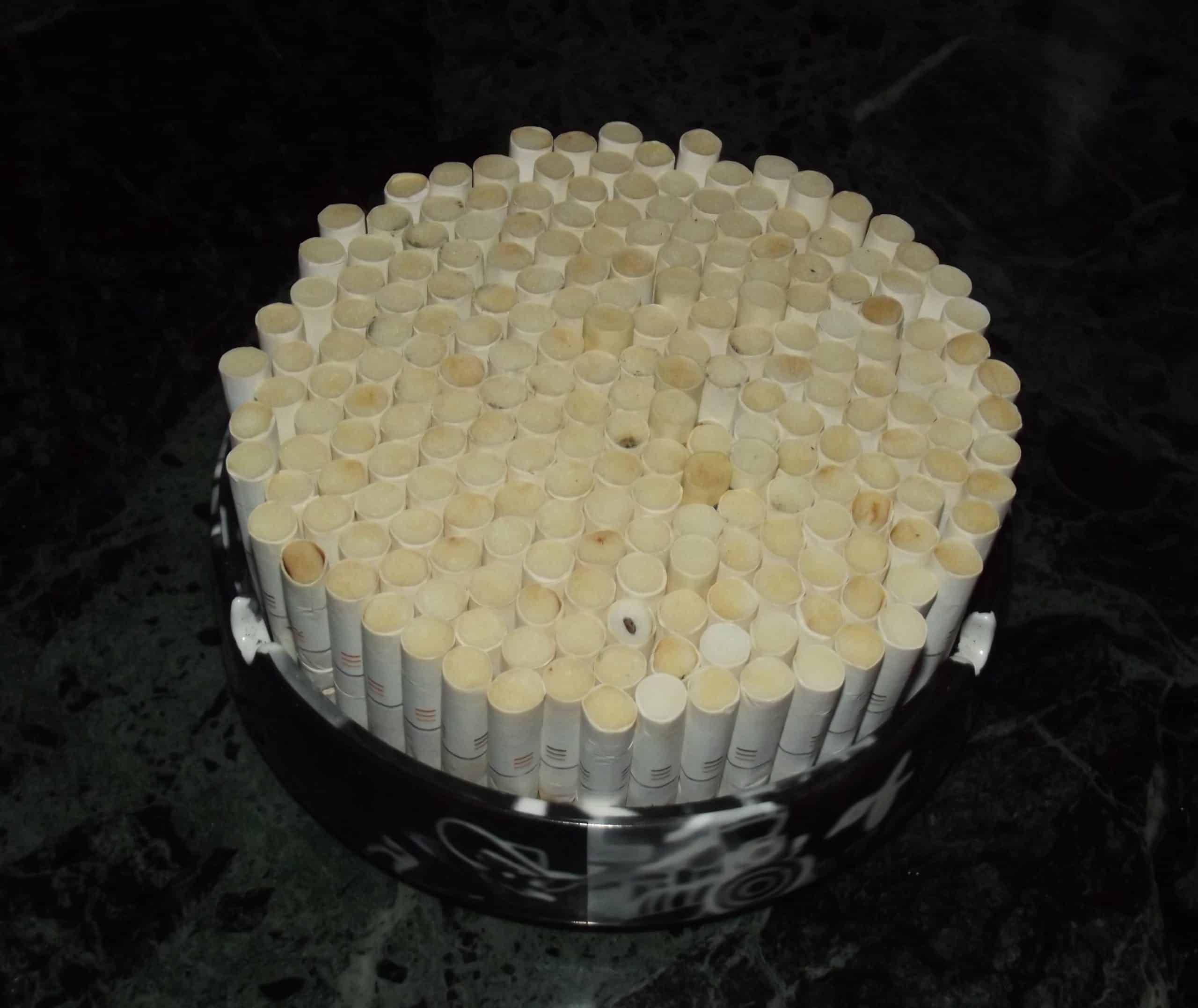
Over the last few weeks we’ve been pretty busy finding new Heat not Burn devices to review, and we have a few on their way to us right now. We still find time to check the news, though, and we decided it was time to give you another update on what’s happening with HnB around the world.
As usual the news is a pretty mixed bag. There’s some good news from the UK, where a parliamentary committee has given HnB a thumbs-up in its latest report on reduced-harm products. There’s bad news from India, where anti-tobacco activists are spreading misinformation about iQOS before it’s even on sale. Philip Morris are challenging New Zealand rules that force Heets to be sold with the same packaging and health warnings as cigarettes, and slowing growth for iQOS is being chalked up to increasing competition as other companies enter the market. Overall the last few weeks have been pretty lively for HnB, and we don’t expect that to slow down any time soon.
Indian ANTZ take aim at iQOS
iQOS is currently on sale in 38 countries around the world, but hasn’t yet challenged cigarettes in one of their biggest markets – India. PMI is now planning to launch the device in India, most likely in the first half of 2019, but anti-harm reduction activists are already mobilising to protect the status quo. The first salvo in this battle was fired in mid-August with an article in The Hindu, one of India’s two leading newspapers.
The article was written by Vandana Shah, South Asia Programs Director of the Campaign for Tobacco-Free Kids, an American organisation that’s already notorious for its fanatical opposition to e-cigarettes. As would be expected from Tobacco Free Kids it’s very light on science, and very heavy on alarming but unfounded claims. Shah tells us that there’s no evidence HnB is safer than smoking (there is) and that the products are aimed at young people (they’re not). He claims iQOS is “designed and packaged to resemble a sleek smartphone” to appeal to under-25s – the only thing its design has in common with a smartphone is that it’s vaguely rectangular.
In another article, published by the Deccan Chronicle, cancer specialist Dr Vijay Anand Reddy claimed that “any form of tobacco is carcinogenic. The new method of heated tobacco does not mean that the chemicals in the products are reduced.” This statement is simply false; tests conducted by independent labs have found dramatic reductions in all significant toxins in iQOS vapour compared to cigarette smoke.
Almost a quarter of a billion Indians use traditional tobacco products, so a successful iQOS launch in the country has the potential to save a huge number of lives. However, that goal is threatened by extremists like Shah and Reddy. Indian harm reduction advocates need to come out fighting before this propaganda swings public opinion against safer products.
HnB competition heats up
Investment experts are talking down PMI shares this week in what many have interpreted as a sign of weakness in the market. Leading adviser Jefferies Group have changed their “Buy” recommendation to “Hold”, meaning that while hanging on to the shares is a good idea this isn’t the right time to be buying more.
Jefferies Group’s actual explanation for the change is good news for Heat not Burn, though. The downgrade was triggered by slower than expected growth in iQOS sales – and that’s happening because rival products are hitting the shelves. While iQOS is still growing and will continue to do so, it’s now facing some serious competition at last; BAT’s Glo is rolling out across Europe this year, KT&G are mounting a strong challenge in the important South Korean market with their Lil, and Chinese industry is piling on with a series of devices that piggyback on the availability of PMI’s Heets (and will probably help keep Heet sales rising).
Despite the downgrade, PMI is still outperforming Altria – the cigarette-only side of Philip Morris. That’s being driven by strong iQOS growth in Europe and other new markets, while Altria’s cigarette sales are sharply down.
PMI challenges NZ packaging rules for Heets
The last legal obstacles to selling Heets in New Zealand seem to have been removed, but PMI says the country’s laws are still too restrictive. In early August the company announced that to comply with the Ministry of Health’s interpretation of the law, they’ll put the HnB consumables in cigarette-style standardised packaging with the usual gruesome health warnings. However they’re only doing that under protest.
James Williams, general manager of Philip Morris NZ, says that labelling Heets with health warnings meant for cigarettes is “inappropriate and misleading”. With a growing body of evidence to say that HnB products eliminate almost all the health risks of smoking, the company wants the laws on packaging to reflect that key difference. While PMI are happy to note that Heets are not risk-free and do contain nicotine, they object to warnings that falsely claim iQOS produces smoke and causes the same health issues as cigarettes do.
According to Williams smokers deserve access to accurate and non-misleading information about reduced-risk products. Right now, New Zealand’s packaging laws aren’t giving them that.
UK parliament committee backs HnB
A report last week by the House of Commons Science and Technology Committee was praised for strongly supporting e-cigarettes – but it also recommended that the government should ease restrictions and lower taxes on other tobacco harm reduction products, including HnB and Swedish snus. According to the influential committee tobacco products should be taxed at a rate that reflects the health risk they present.
HnB devices like iQOS are, conservatively, at least 90% less harmful than cigarettes, and that could make a big difference to the price of Heets. Right now, Heets are priced at roughly the same point as cigarettes, but that’s a hedge against them being taxed at the same level in the future. If they benefited from a much lover rate of tax there would be room for PMI to cut the price dramatically while still making a profit. iQOS and similar devices are already a tempting alternative to cigarettes; if the price of Heets fell in proportion to the reduced risk they deliver they’d attract even more smokers.

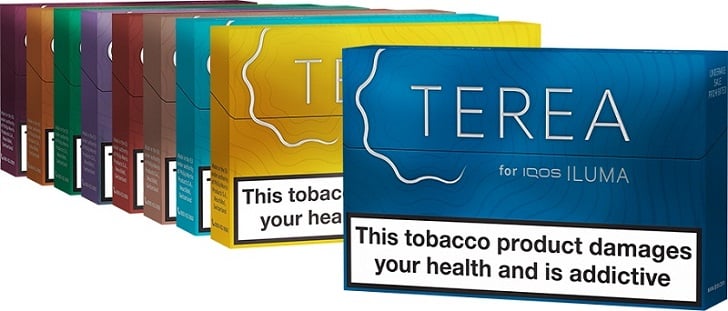

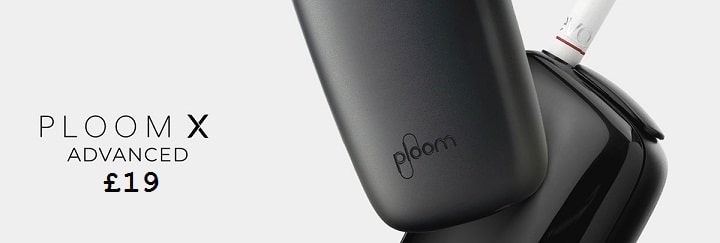




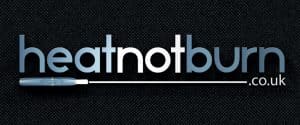
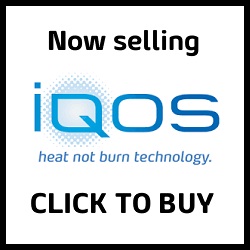

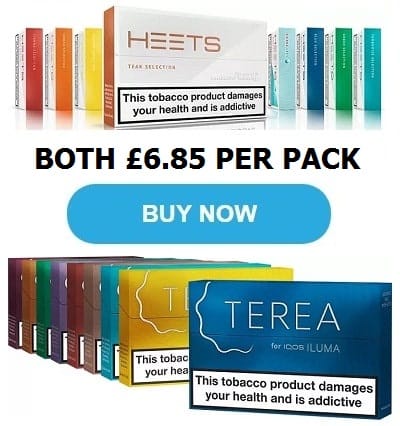
Fergus
Any chance you guys can review the PMI ‘TEEP’? I’d like to know what those are like especially since they don’t require a charger or access to electricity.
Hi there Larry,
There is a very good chance that we will be selling the TEEP in the future so we will have a review in place for it before we actually start selling it.
Cannot give any definitive timeframe on this unfortunately but we are aware of what it is and it will be a great addition to the heat not burn genre.
Many thanks,
Tony.